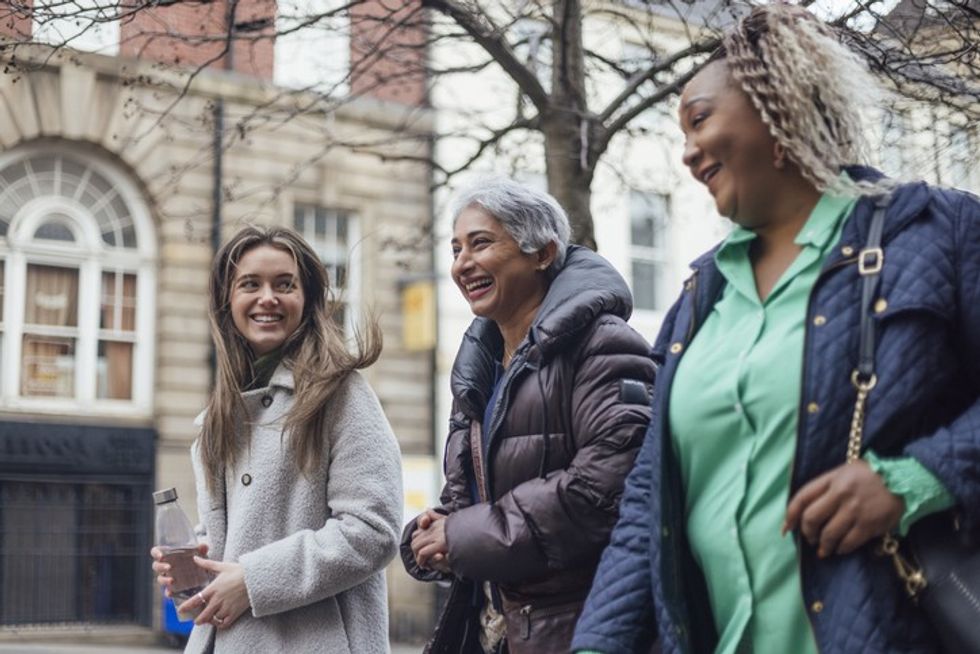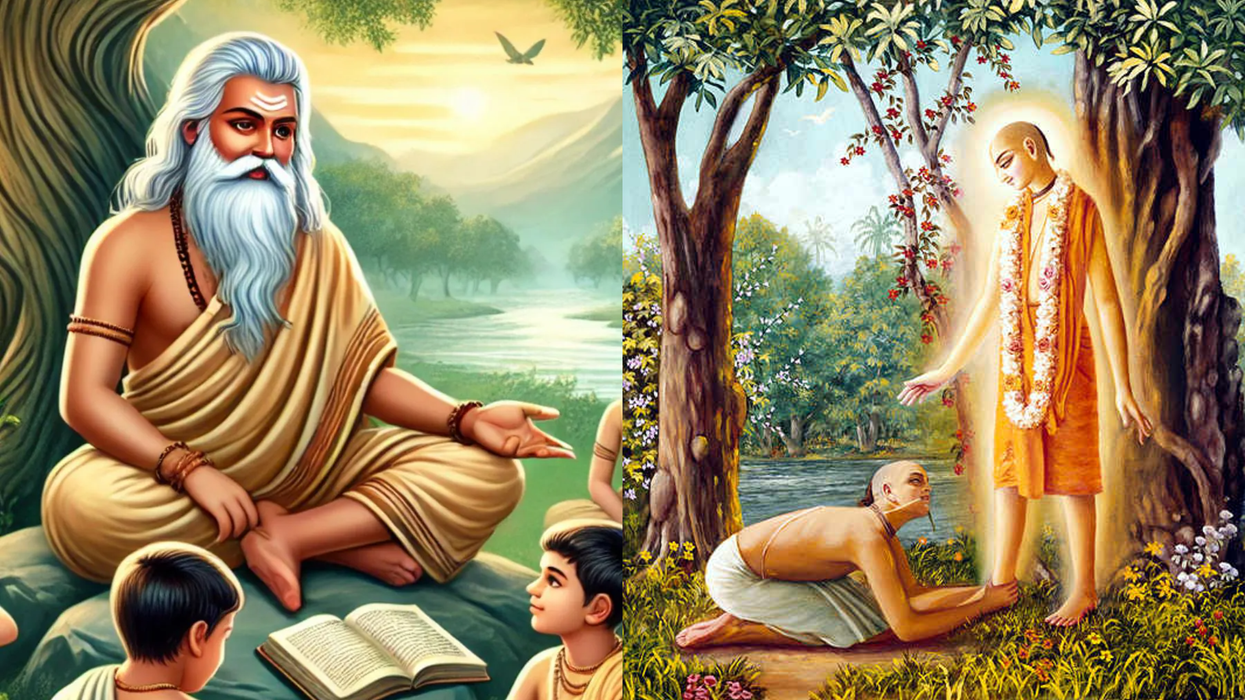THE 2020 Leicester Comedy Festival has over 800 shows across 90 venues. Although this year’s festival has big named headline acts like Jo Brand, Milton Jones, Shappi Khorsandi, Paul Sinha, Josie Long and Griff Rhys Jones, the most interesting shows feature newcomers offering something different.
One act to look out for this year is rising comedy star Lubna Kerr, who presents the stand-up show Where Are You Really Really From?, which explores identity, including her own as a Scottish Pakistani Muslim woman.
Eastern Eye caught up with Lubna Kerr to talk about comedy.
What do you love about comedy?
I love entertaining people and making them laugh.Your comedy hero...
Munawer Zarif, who is a Pakistani comedy actor of yesteryear. Also Trevor Noah and Miranda Hart.
What is a funny film you love?
Some Like It Hot was my mum’s favourite film, with the unforgettable quote, ‘no one is perfect’, which sums up life so well.
Who’s the funniest person you know?
My youngest son. He is just a natural and takes after my late father even sharing his name, Ihsan.
How did you feel being on stage for the first time?
I was nervous and when I went on stage the microphone stand came apart in my hand and the whole audience laughed. It was not planned, and I had to make a quick joke about it. I loved the instant feedback from the audience – it’s the best drug ever.
Tell us about your show at the Leicester Comedy Festival?
My first comedy solo show this year is called Where Are You Really Really From? It is about identity and a question I get asked so many times. You can see the show at the Knight and Garter on February 22 at 7pm.
Where do you draw your comedy inspirations from?
The people I meet and the things they say to me. I draw inspiration from life.
The strangest place you have come up with a joke...
In a shopping queue in Tesco.
What is the best thing comedy has gifted you?
Time with people; it’s such an honour that they gift me their time. The chance to make people laugh is something money can’t buy.
What can we expect from you next?
A year of solo shows around the country, including in Leicester, Glasgow, West Didsbury, Bath, Wick, Morecambe and Edinburgh. I am also writing a play, which is called Tickbox.
Why is laughter so important?
Because it’s the best medicine.
www.comedy-festival.co.uk & Twitter: @LubnaKerr





 There’s deep healing in the communityiStock
There’s deep healing in the communityiStock










 From ancient sages to modern-day Gurus, their influence on society continues to inspire and transformiStock/Mahabharata
From ancient sages to modern-day Gurus, their influence on society continues to inspire and transformiStock/Mahabharata The relationship between Guru and disciple has been central to the evolution of Hindu philosophy and practiceiStock/Mahabharata
The relationship between Guru and disciple has been central to the evolution of Hindu philosophy and practiceiStock/Mahabharata The reverence for spiritual leaders remains a cornerstone of Hindu culture, transcending time and traditioniStock/Mahabharata
The reverence for spiritual leaders remains a cornerstone of Hindu culture, transcending time and traditioniStock/Mahabharata


